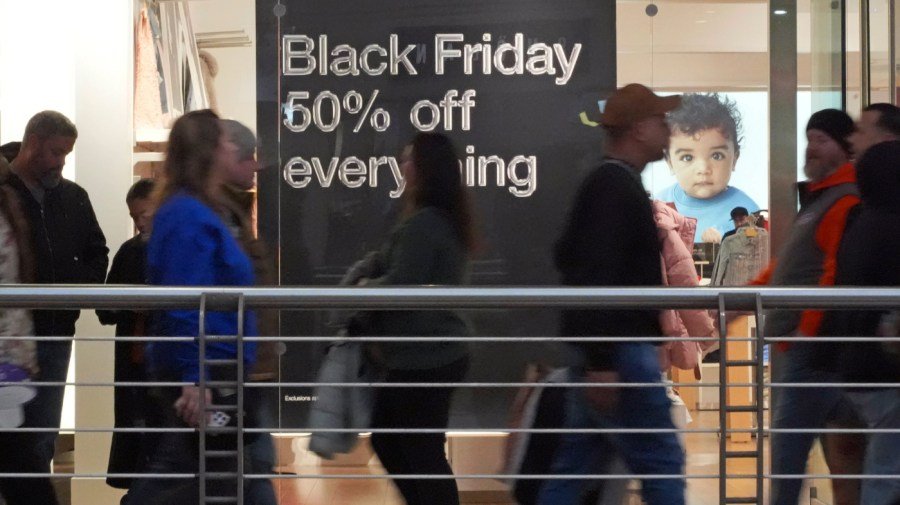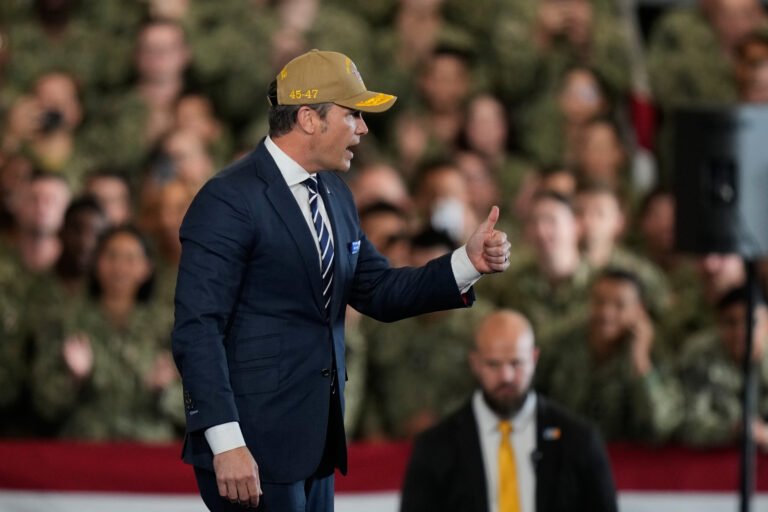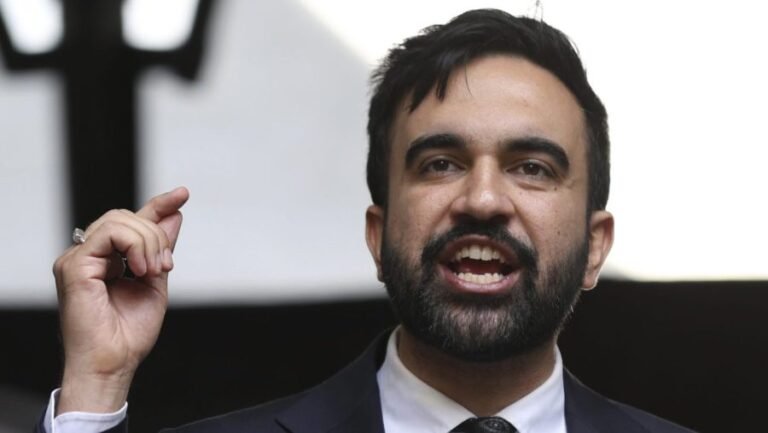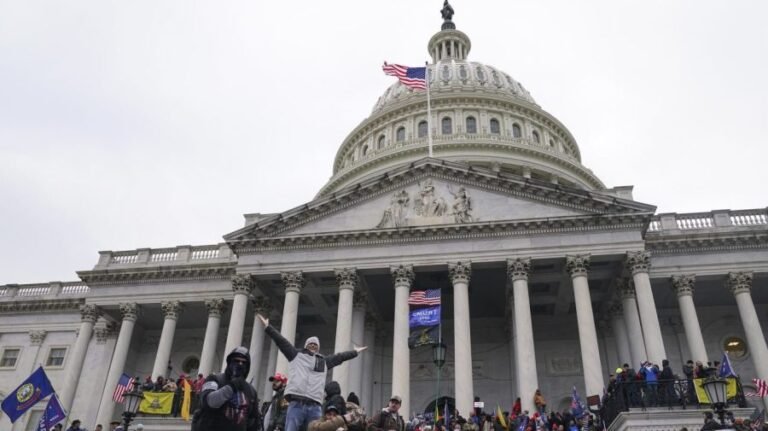
America remembers only what is convenient. We remember the parades but not the protest lines. We remember the dream, but not the demand. We remember the victory speeches, but not the empty stomachs that came before them.
But every generation reaches a breaking point — a moment when the gap between what we are told and what we are living through grows too wide to ignore. When that moment comes, the people do not whisper — they withdraw.
That moment is here.
What if, this year, on the day they expect us to spend the most, we decided to spend nothing at all? No lines curling around big box stores. No algorithms racing to predict our purchases. No ads selling the illusion that happiness can be bought. Just quiet — the kind of quiet that feels like power.
We can make this happen, if we black out Black Friday.
This is not to encourage rage or destruction, but rather a collective pause that says, “You have profited enough from our patience.”
For too long, America has confused obedience with peace. We have been told that progress requires politeness, that fairness can wait until it is convenient for the comfortable. But nothing changes until those who build the country decide to stop building for free.
In 1955, the people of Montgomery, Ala. proved that power could look like stillness. They walked instead of riding and brought a city to its knees. That boycott lasted 381 days — long enough for the nation to learn that silence, when disciplined, is not absence — it is action.
Now, nearly 70 years later, we are being called again. The battleground has shifted from the bus depot to the checkout counter, from the segregated diner to the online cart. But the weapon is the same: withdrawal.
When Martin Luther King spoke of economic justice, he warned that integration without equality was a hollow promise. He understood that to sit at a lunch counter meant little if you couldn’t afford the meal. What is Black Friday if not a national lunch counter — where everyone is invited to consume, but not all are allowed to thrive?
Corporate profits have doubled over the last 14 years. Real wages haven’t kept pace. The top one percent now hold nearly half of all wealth, while the rest of us trade hours for survival. This isn’t the invisible hand of the market. It is the visible fist of greed.
And in this moment — this fragile, fracturing moment — I have to say something I never imagined I would: I owe Sen. Bernie Sanders (I-Vt.) an apology.
In 2017, I criticized Sanders as “not even a Democrat,” and as someone “ripping our party apart.” I argued that his movement was splintering the Democratic coalition, that his refusal to compromise would cost us progress. I was wrong.
What I called division was actually vision. What I mistook for stubbornness was moral consistency. Sanders wasn’t trying to destroy the party. He was trying to wake it up.
He saw, long before most of us, how the machinery of capitalism was quietly strangling democracy. He understood that a party funded by Wall Street could never fully serve Main Street. He wasn’t rejecting Democrats; he was challenging us to remember who we had said we were fighting for.
Now, as billionaires build rockets while working people can’t afford rent, we need his voice more than ever — not as a candidate, but as a compass. This isn’t about ideology anymore. It’s about survival.
If 10 million Americans withheld their spending for one day, the losses could reach billions. That’s not chaos: It’s consequence. That’s what it looks like when ordinary people decide to be heard — not through noise, but through stillness.
A Blackout Black Friday isn’t a boycott. It is a benediction — a reminder that our worth is not measured by what we buy but by what we build together.
It’s proof that we are still a nation capable of moral action. That the same spirit that marched across Edmund Pettus Bridge still beats beneath the skin of this country, waiting to be called upon.
Because the fight for freedom was never just about the right to vote. It was about the right to matter — to stand in the marketplace of democracy and declare, “We are not for sale.”
So let them count their profits. We will count something else — our unity, our will, our quiet power.
And when they ask what happened this Black Friday, tell them America paused. Tell them the silence was the sound of a nation learning, once again, how to stand.
Michael Starr Hopkins is a former senior congressional aide and presidential campaign spokesman.


